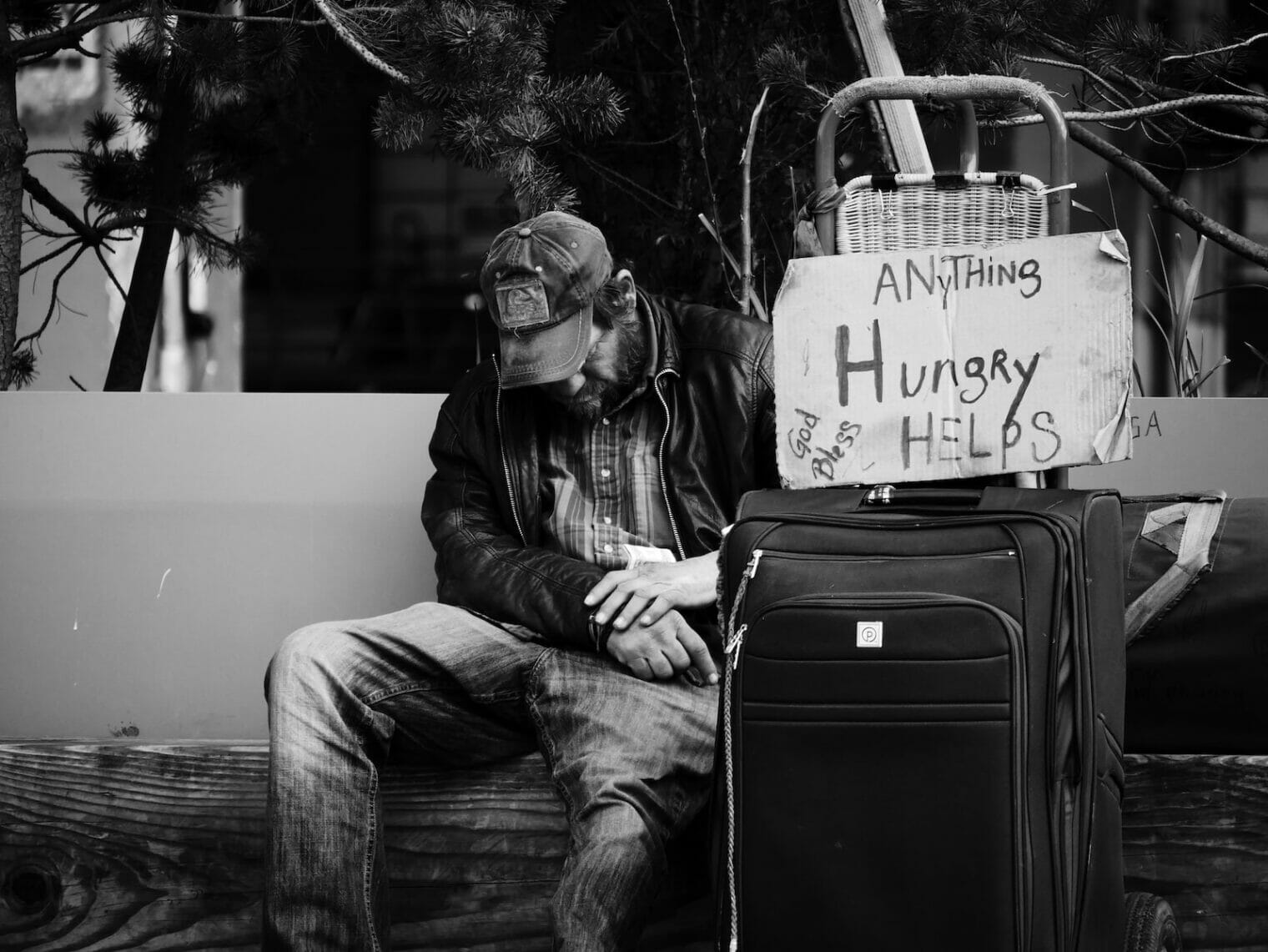Access to behavioral healthcare services is crucial for individuals and communities to thrive. Mental health plays a significant role in our overall well-being, and yet many individuals in low-income communities face barriers when trying to access the care they need.
Understanding the challenges in low-income communities
Low-income communities often face a multitude of challenges when it comes to accessing behavioral healthcare services. One of the primary factors is the lack of financial resources. Many individuals in these communities are unable to afford the high costs associated with mental health care. Furthermore, insurance coverage for mental health services is often limited or non-existent, leaving individuals to bear the burden of these costs on their own.
Additionally, there is a lack of mental health professionals in low-income communities. Many behavioral healthcare providers are concentrated in wealthier areas, making it difficult for individuals in low-income communities to find nearby services. This geographical disparity further worsens the challenges faced by these communities in accessing the care they need.
The mental health crisis in America
America is currently in the midst of a mental health crisis. The prevalence of mental health disorders has been on the rise, with millions of individuals suffering from conditions such as depression, anxiety, and substance abuse. Mental Health America reports that about 21% of adults, equivalent to over 50 million Americans are experiencing one mental illness or the other. Unfortunately, the current healthcare system is ill-equipped to handle this crisis, particularly in low-income communities.
Low-income individuals are disproportionately affected by mental health disorders. The stressors associated with living in poverty, such as unemployment, housing instability, and food insecurity, can contribute to the development and exacerbation of mental health conditions. However, the resources available to address these issues are often insufficient, leaving many individuals without the support they need.
Why is mental health not covered by insurance?
One of the major barriers to accessing behavioral healthcare services in low-income communities is the limited insurance coverage for mental health. Historically, mental health has been stigmatized and marginalized, leading to disparities in coverage compared to physical health conditions. While the passage of the Mental Health Parity and Addiction Equity Act in 2008 aimed to address this issue, gaps still persist.
Insurance companies often impose higher out-of-pocket costs for mental health services, making it unaffordable for many individuals. Additionally, the limited provider networks for mental health services can make it difficult to find an in-network provider, further restricting access to care. These barriers disproportionately affect low-income individuals, who are more likely to rely on public insurance programs with limited mental health coverage.
The impact of mental health costs on low-income communities
The high costs associated with mental health care have a significant impact on low-income communities. Individuals who are unable to access affordable mental health services may experience worsening symptoms, decreased quality of life, and increased reliance on emergency services. This not only affects the individuals themselves but also places a strain on the healthcare system and community resources.
Furthermore, untreated mental health conditions can have ripple effects on the overall well-being of low-income communities. Mental health issues can hinder educational attainment, employment opportunities, and social stability. By addressing the barriers to accessing affordable mental health care, we can help break this cycle and create opportunities for individuals and communities to thrive.
Strategies for improving access to behavioral healthcare in low-income communities
To improve access to behavioral healthcare services in low-income communities, a multi-faceted approach is needed. One strategy is the integration of behavioral health services within primary care settings. Integrated behavioral health services provide a holistic approach to care by addressing both physical and mental health needs. This model reduces the stigma associated with seeking mental health services and makes it more convenient for individuals to access care.
Another strategy is to increase the availability of affordable mental health care options for low-income individuals and families. This can be achieved through government-funded programs, sliding scale fee structures, and partnerships between healthcare providers and community organizations. By making mental health care more affordable, we can remove a significant barrier to access and ensure that individuals in low-income communities receive the care they need.
Community initiatives and organizations addressing the mental health needs of low-income communities
In many low-income communities, there are community initiatives and organizations working tirelessly to address the mental health needs of their residents. These initiatives often focus on providing culturally competent and accessible mental health services. They may offer counseling, support groups, educational programs, and other resources to promote mental well-being.
Additionally, these organizations collaborate with local healthcare providers, schools, and government agencies to create a comprehensive network of support. By working together, they can leverage their resources and expertise to bridge the gap in access to behavioral healthcare services in low-income communities.
Bridging the gap and creating a more equitable healthcare system
Improving access to behavioral healthcare services in low-income communities is a critical step toward creating a more equitable healthcare system. By addressing the challenges faced by these communities, we can ensure that everyone has the opportunity to receive the care they need to support their mental well-being.
Through integrated behavioral health services, affordable mental health care options, and community initiatives, we can bridge the gap and provide a lifeline for individuals and families in low-income communities. It is imperative that we continue to advocate for policy changes, increased funding, and greater awareness to address the mental health crisis in America and create a healthcare system that truly serves all individuals, regardless of their income level.
If you or someone you know is in need of behavioral healthcare services, reach out to the nonfit curaJOY. Remember, you are not alone, and help is available. Together, we can bridge the gap and create a more equitable healthcare system for all.





Leave a Reply